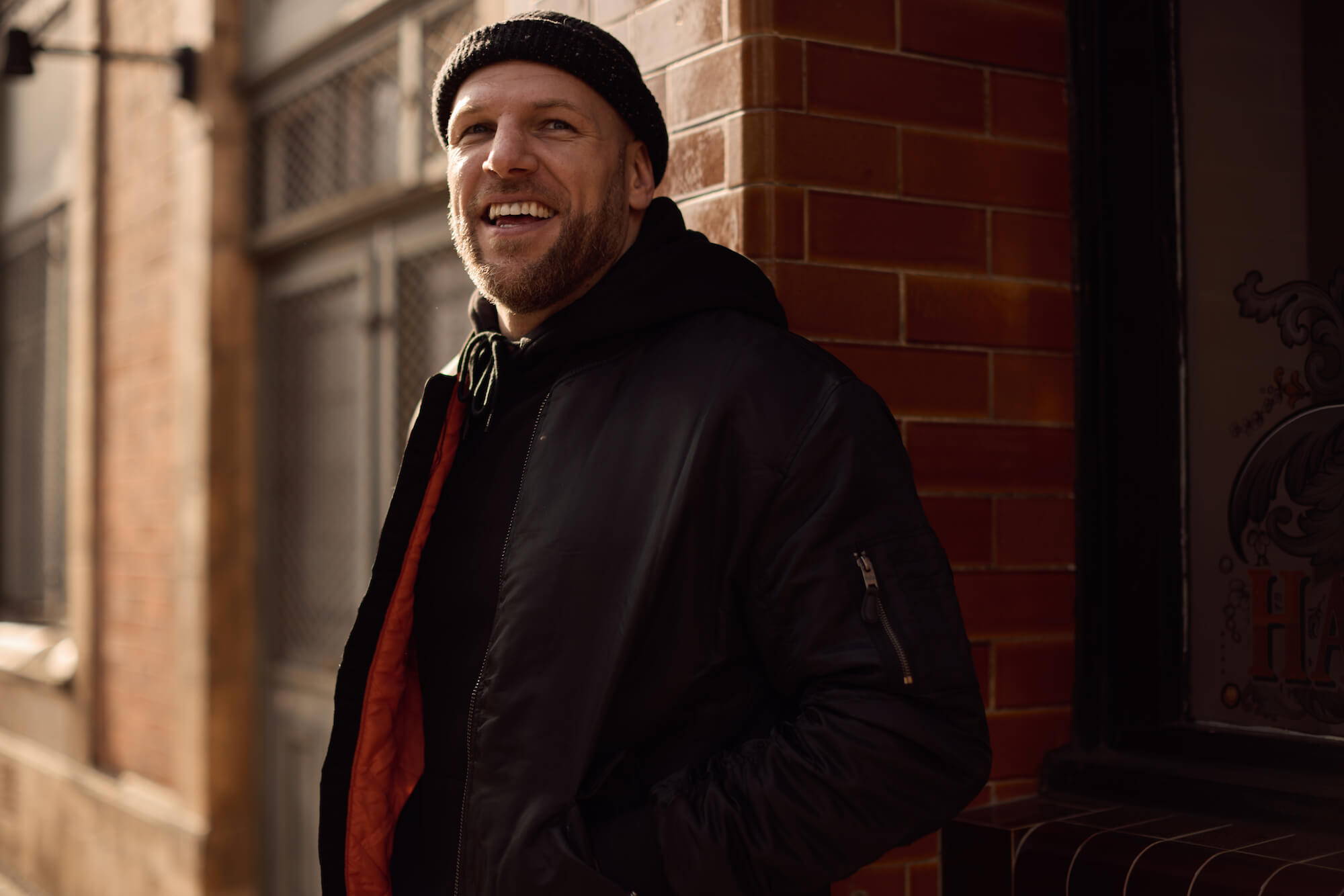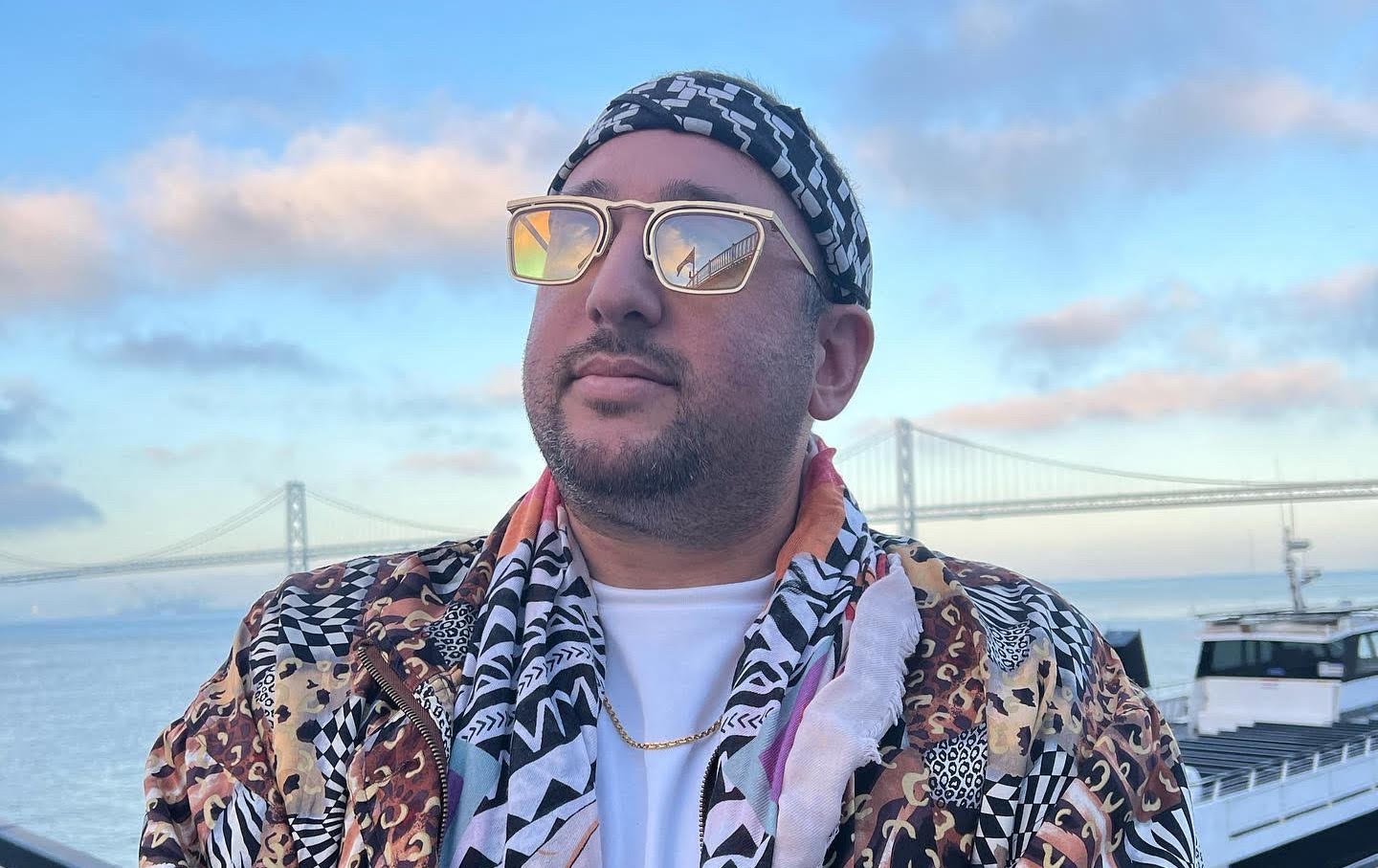Sllash & Doppe: Crafting Timeless Tribal grooves for the Global Dancefloor
October 3 | 2024

About Sllash & Doppe
Romanian cousins Sllash & Doppe are back with a fresh tribal anthem titled Tombolero, continuing their rise as prominent figures in house music.
Having first gained global attention with their 2018 hit Aguella, which was championed by heavyweights like Claptone and Fatboy Slim, the duo has carved a niche with their infectious, percussion-heavy grooves. Their latest release, Tombolero, is a reimagining of the iconic Toto La Momposina riff, taking inspiration from Michael Cleis’ famous version.
Recorded in a small Colombian village, the track blends organic live elements like flutes and vocals, creating an authentic yet modern club hit, just in time for the Ibiza closing parties.
With support from major names in the industry, including Roger Sanchez and Tiesto, Tombolero is set to be another major success for the duo. Their ability to merge tribal rhythms with punchy club production has made them a staple in the global house scene, with releases on renowned labels like Toolroom and consistent support from DJs across the spectrum. As they continue to evolve their sound, Sllash & Doppe remain rooted in their love for organic percussion and infectious dancefloor energy
Read the Interview.
Your track “Aguella” was a major hit back in 2018, and now you're back with another tribal anthem. How has your approach to production evolved since then?
Honestly, we think this tribal music thing is kinda timeless when it comes to producing, but we’ve adapted it to the new arrangement trend. Extended tracks are getting shorter and shorter, and the peak time of the tracks comes so much faster now.
The new record incorporates a familiar riff from Toto La Momposina's music, but you've recreated it entirely from scratch. Can you walk us through the process of reworking such an iconic sample while staying true to its roots?
Yeah, it started as a private edit to play at our gigs, and we just loved the flute sample so much, and of course that incredible voice Toto has. We just brought our twist to it. For us, percussion is everything; we treat it like a melody. If your drums and bass don’t make you get up and dance like crazy, start over!
How did recording in a tiny Colombian village influence the sound of this record, and what was the atmosphere like when capturing those live elements?
We had the honor of working with John Hollis, a brilliant engineer, who helped us with redoing the recordings for the flute and vocals. He also produced the original “Curura” with Toto about 32 years ago... imagine that!
With tribal rhythms and live instruments being a big part of your sound, how do you strike a balance between maintaining that raw, organic feel while still making the track punchy for a club environment?
When it comes to reconstructing elements like flutes, vocals, and percussion, do you approach them with any specific techniques in mind, or is it a more intuitive process?
Yeah, just don’t forget what was important from the start, prioritize that, and carve anything in the way with EQ and volume fader automation.
Working with percussion-heavy tracks can sometimes lead to a crowded mix. How do you ensure each element has space and clarity while maintaining the energy of the composition?
It took us years to learn, but in this genre, choosing a good kick is the most important thing ever! Spend time choosing the best elements and try to process as little as possible. After you’ve done your single percussion elements, place them in a group, sidechain them to the kick, and use Pro-Q3 from FabFilter to find areas where frequencies clash. It has a good visual representation, and don’t be afraid to use short reverbs and panning — that’s where the 3D image hides.
How do you feel the evolution of tribal and world music-inspired sounds fits into the current landscape of house and tech-house, especially in the Ibiza scene?
We’ve always loved and incorporated this tribal vibe into our songs for such a long time; it just works so well on the dancefloor. Girls love those spicy grooves, Papi!
In terms of recreating this track's components from scratch, were there any particular instruments or recording techniques that stood out to you as pivotal in giving it that “live” feeling?
Yeah, tweaking the percussion to work with the flute and vocals was the most important part for us, along with creating a bassline that doesn’t step on anything but still moves the dancefloor speakers hard!
What’s your process when deciding which elements to sample or recreate for your tracks, especially when working with culturally significant material like Toto La Momposina's music?
With this release timed perfectly for Ibiza closing parties, how do you approach making music that not only works in clubs but also captures the essence of a specific time or season?
Things kinda fell into place naturally, crazy good. Sometimes we try so hard to connect everything, and it doesn’t happen, and sometimes everything happens so fast and at the last moment, and it just works. This track is a good example, hahaha.
We played a Toolroom party with Mark Knight, and he heard the track in our set and loved it so much, so of course, we had to send it to the big man. Four to five months later, we got an email from Matt (head of A&R at Toolroom) asking if we wanted to make this track official.
We moved fast with the clearance, redoing the samples, and reworking the project just in time for the Ibiza closing parties... It’s been a journey!
Thank you so much for taking the time to chat with us. It’s been great to hear about the creative process behind 'Tombolero' and your approach to blending tribal rhythms with modern club sounds. We’re excited to see where your journey takes you next!
Thanks for having us! It’s always a pleasure to share our story and process. We appreciate the support and hope everyone enjoys 'Tombolero' as much as we enjoyed making it. See you on the dancefloor!



